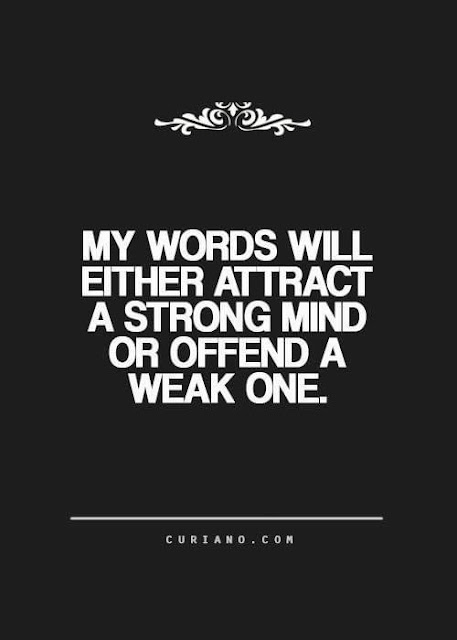Silence is the Leader when Equity is a ‘Maintenance Function’

I asked the question : Why are we sending almost 100 8th graders to a secondary school where only 15 of the 750+ students showed up on the MCAs? (Data from Minnesota School Report Card) By Don Allen (Journal of A Black Teacher) 2025 Twin Cities, MN...One of my original dissertation titles was blunt, maybe even provocative: Do School Children in Minnesota Need to Be at the Bottom of Every List? I kept it just beneath my official title, like a private protest, a reminder of the question I was asking behind the academic language. Because the data doesn’t lie: Black Minnesotans are often last, last in educational outcomes, last in wealth-building opportunities, last in housing equity, and last in entrepreneurial advancement. We are, in many ways, systematically positioned at the margins. Yet, we still hear lofty promises about equity, as if it were a product ready for delivery instead of a long, brutal journey that most of us are still undertaking. The gap between equity and reality i...





